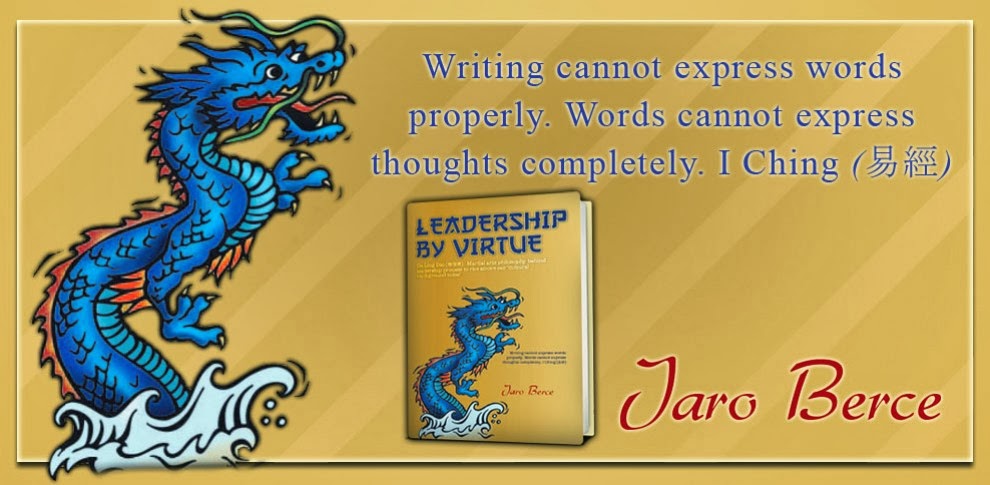In modern economy, an insight, based on
explicit and tacit knowledge and the wisdom are the main driving factors for
value-added creation and sustainable growth. With appropriate understanding and
the allocation of resources Violeta Bulc (innovator, entrepreneur and founder
of Vibacom Ltd.) describes how the creation of added value in a company can be
defined as a progression of different evolutionary stages in the business
environment.
 In the book “Rhythms of business evolution,
systems, tools and experience for brainstorming” Bulc bases her ideas on four
phases. The first one begins with the most fundamental “working environment”. At
this stage companies are mostly focused on production and activities. Machines (equipment)
are very important; the labor force can be relatively easily replaced, so they
should be obedient and diligent in maximizing the output at the lowest costs
possible.
In the book “Rhythms of business evolution,
systems, tools and experience for brainstorming” Bulc bases her ideas on four
phases. The first one begins with the most fundamental “working environment”. At
this stage companies are mostly focused on production and activities. Machines (equipment)
are very important; the labor force can be relatively easily replaced, so they
should be obedient and diligent in maximizing the output at the lowest costs
possible.
The second phase is a “learning environment”. The
productivity becomes a factor of input. New resources and knowledge start to
play a major role as quality is introduced. Knowledgeable workers become of
core importance. Those who have knowledge - employees, leaders, managers -
create the conditions for further growth and differentiation on the market.









